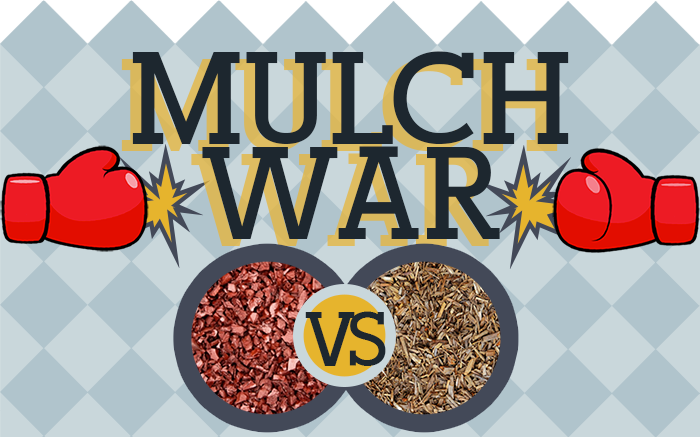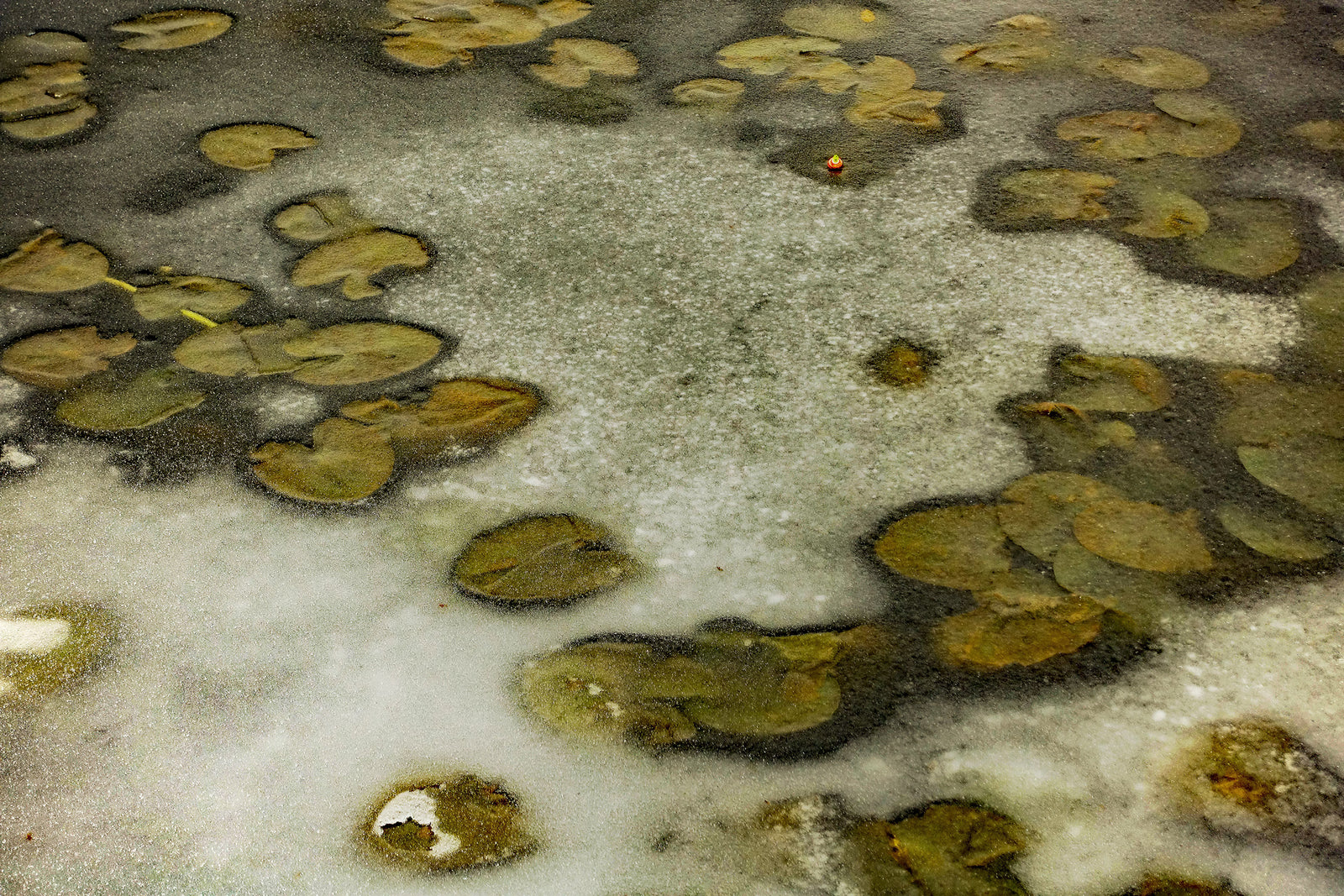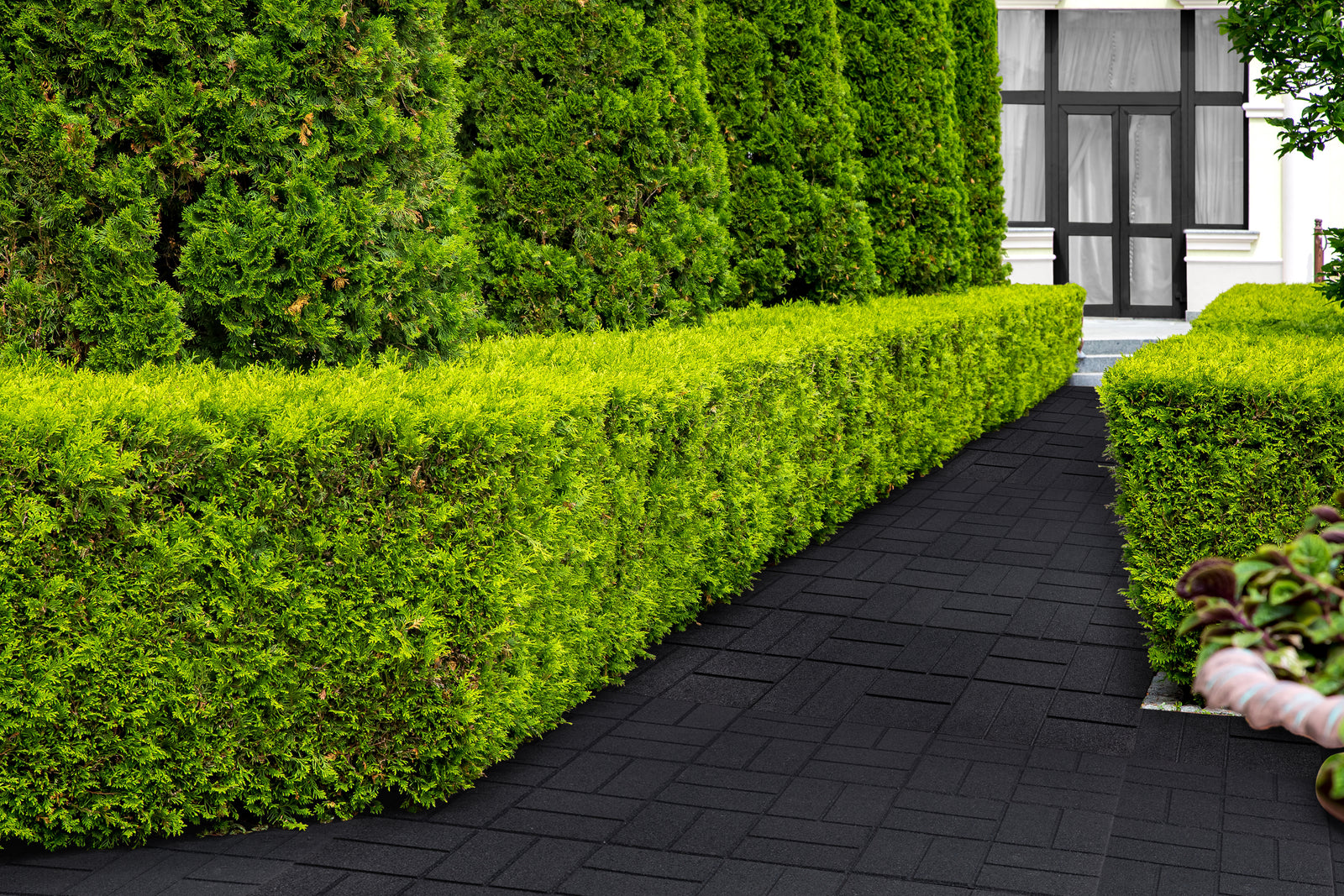May 04, 2015
RUBBER MULCH VS. WOOD MULCH

|


Also in Rubber Mulch Blog

Embracing Eco-Friendliness by Choosing Rubber Mulch for Your Playground
June 17, 2025
“Reuse, Recycle, and Reduce” are three main aims when it comes to preserving the health of our planet. Rubber mulch definitely falls within their scope. Conserving resources, energy efficiency, and better health for kids are all rubber mulch benefits.

Effective Mold and Fungi Prevention: The Hidden Value of Rubber Mulch
October 31, 2024

Create Your Own Sensory Path with Rubber Pavers
October 28, 2024
shop
Copyright © 2026 RubberMulch.com - All Rights Reserved.



















